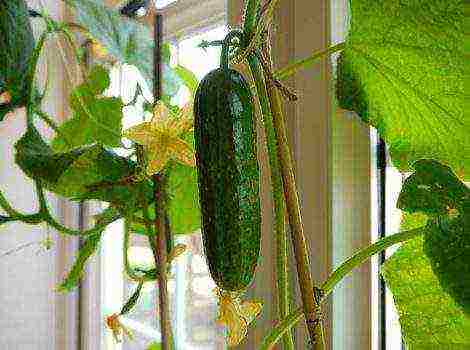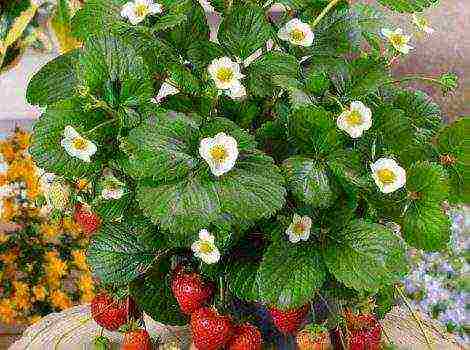Content [show]
Currently, the Russian state is faced with the issue of accelerated import substitution, the solution of which is impossible without agriculture. It is the development of the agricultural sector that helps to ensure the proper level of food security in the country. This applies to both the Russian Federation as a whole and its individual regions, including the Krasnodar Territory. The area is ideal for this industry.
Krasnodar Territory as an agro-industrial region
Industry is fairly well developed in Russia. Agriculture of the Krasnodar Territory includes about 7 thousand enterprises with various forms of ownership. Of these, more than six hundred are large or medium-sized organizations. Employment in the agricultural sector is about 400 thousand people.
The most widespread in the Kuban are:
- grain production;
- production of industrial crops;
- viticulture;
- sugar production;
- dairy industry.
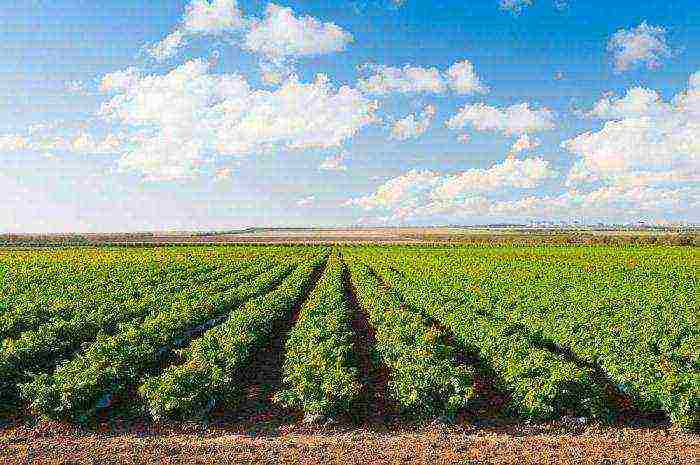
Such a wide variety of branches of the agro-industrial complex is due to the unique type of climate, which creates favorable natural conditions on this territory. It is here that the border of the temperate and subtropical climatic zones passes.
Krasnodar Territory is rightfully considered one of the leading regions of Russia in the development of the agro-industrial complex. The total area of the Kuban is over 7.5 million hectares, of which 4.75 million hectares are occupied by agriculture. Normative regulation, as well as control over the development of the industry, is carried out by the Ministry of Agriculture of the Krasnodar Territory. The most important conditions for ensuring the progressive development of the agro-industrial complex are: the most efficient exploitation of fertile lands, the development of crop and livestock production, the improvement and modernization of the processing industry.
Agriculture structure
The modern agro-industrial complex of the Kuban is characterized by the predominance of crop production over livestock production. They account for 67.33 and 32.67%, respectively. In plant growing, the main specialization is the cultivation of grain crops. Sugar beets and sunflowers prevail among the technical species. The cultivation of forage crops is also a priority. For example, green fodder, silage, corn, etc. Sowing of potatoes and vegetables and melons is insignificant.
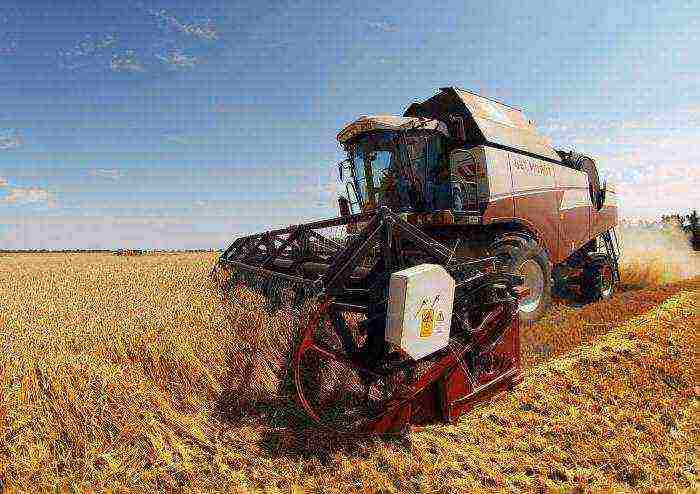
The agriculture of the Krasnodar Territory is gradually developing. Viticulture, horticulture and vegetable growing are being restored. The cultivation area of some subtropical crops is gradually increasing.
Livestock, in turn, is represented by the following industries: livestock, poultry, pig, sheep. The share of horse breeding, beekeeping, fur farming, fish breeding, rabbit breeding and ostrich breeding is significantly lower.
Grain production in the Krasnodar Territory
In the cultivation of grain crops, the largest share is given to winter wheat. The agriculture of the Krasnodar Territory is built in such a way that it is grown in all regions. Preference is given to wheat varieties that are resistant to drought and disease and have high yields. For example, Bezostaya-1 and Krasnodar-46. Kuban produces up to 10% of the gross volume of wheat throughout the country. Spring wheat in the structure of crops is 1-2%.
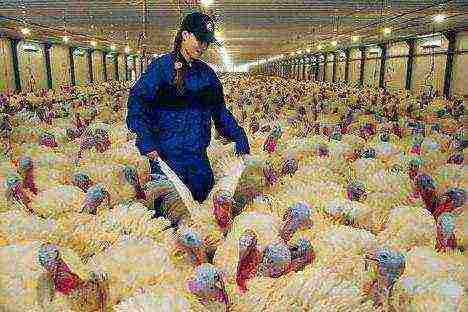
In second place is winter barley. It differs in heat tolerance, but less resistant to low temperatures.About 5-10% of the sown area is maize. It is demanding on the composition of the soil and needs a lot of fertilizers.
In the Kuban, they grow their own rice variety bred in this territory - Dubovskiy-129. To increase yields, it is necessary to use special agricultural techniques and an artificial irrigation regime. Rice sowing area accounts for 3% of the total land area for grain cultivation.
Viticulture
This industry has a significant impact on the agriculture of the Krasnodar Territory. Different grape varieties are grown throughout the region, as each requires a different type of climate. The most suitable conditions have developed in the Black Sea zone. About 50 varieties of grapes grow in the Kuban
Vegetable growing
Suitable climatic conditions have developed for this industry in the Krasnodar Territory. Vegetable crops include tomatoes, cabbage, cucumbers, potatoes, etc. Mainly, the south, west and center of Krasnodar Territory specialize in their cultivation.
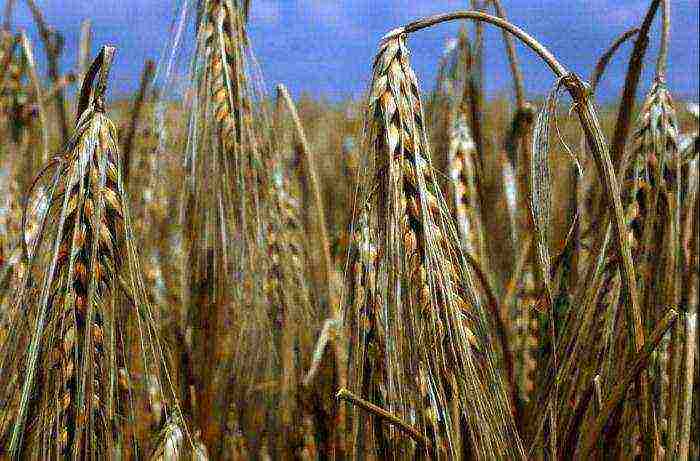
The foothill zone is most favorable for potatoes, although compared to the central regions of Russia, its yield in this area is low.
Gardening
The most suitable conditions for planting gardens have developed on the Black Sea coast, as well as in the west and south of the Azov-Kuban lowland. Mainly apple, plum, pear, peach, sweet cherry, cherry, apricot, etc. are grown here.
Melon growing
This industry predominates in the western regions. This is due to the fact that watermelons and melons require a lot of heat and sun. Pumpkin is most resistant to cold weather.
Livestock
The basis for the successful development of animal husbandry is the abundance of natural forage lands. Agriculture of the Krasnodar Territory provides for cattle grazing in the north-east of the foothills. Alpine pastures are rarely used here. Most of the feed is grown in the fields.
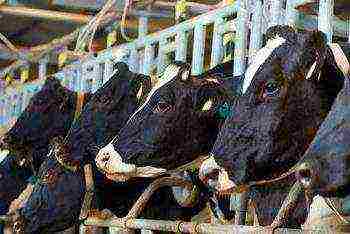
Breeding of dairy and meat cattle prevails here. Pig breeding is developed mainly in the central and northern parts of the Kuban. Large white pigs are mainly bred. Chickens predominate in poultry farming.
The program for the effective development of the agro-industrial complex of the Krasnodar Territory
The Department of Agriculture of the Krasnodar Territory has developed a program for the development of this industry. It provides for setting the following main tasks for the agro-industrial complex:
- improving the quality of agricultural and food industry products;
- development of human resources;
- restoration of abandoned land;
- improving the industry by maintaining soil fertility;
- assessment of existing investment needs, search for sources of funds.
Control over the implementation of the program is exercised by the Minister of Agriculture of the Krasnodar Territory.
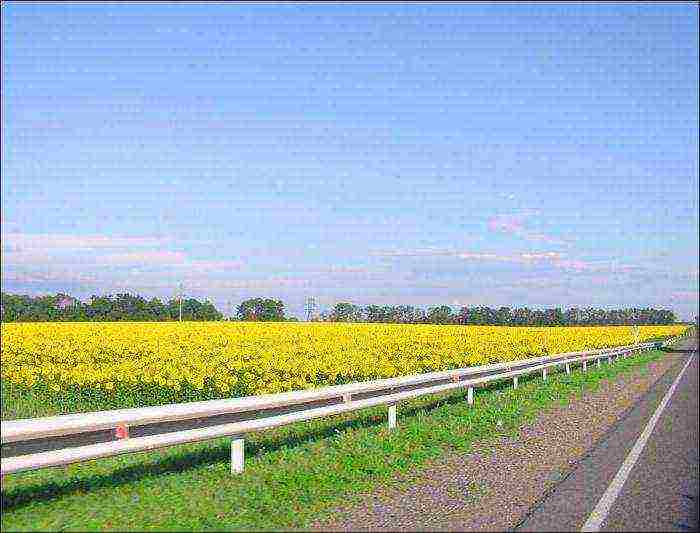
Thus, one of the leading regions that ensures the food security of the state is the Krasnodar Territory. Agricultural development plays a leading role in the economy of this region. The most widespread is crop production, especially grain production. The share of other industries in the structure of the agro-industrial complex is much smaller. Currently, there has been a positive trend towards the growth of agricultural production. First of all, this is due to the improvement of the pricing policy and the credit mechanism, as well as the increase in the volume of budgetary appropriations allocated for the development of the complex. In the long term, the competitiveness of the agricultural sector of the Krasnodar Territory will grow, both in the Russian and international markets.
Kuban has long been rightfully called the “pearl” of Russia, its main granary and leader in the country's agro-industrial complex.
It has earned this good reputation not only due to its unique natural and climatic conditions, but also for the hospitality and diligence of its inhabitants, for the creation of wealth by their hands, mind and energy in economic and cultural life.
Taking into account the prevailing geographical conditions and characteristics, the territory of our region is conditionally divided into five natural and economic zones, which determined in them the specifics of industrial agricultural activities of people. In the northern and central zones, grain, sugar beets, sunflowers and soybeans are grown and cultivated; in the west - rice; in Anapo-Chernomorskaya - viticulture and winemaking; and in the southern foothills - potatoes, vegetables, tea, citrus crops.
Naturally, the territory of the region consists of two parts. The northern and central parts, including the Kuban-Azov lowland, are occupied by steppes with chernozem soils, and the southern part includes almost the entire Black Sea coast and is occupied mainly by the mountainous surface.
Naturally, the territory of the region consists of two parts. The northern and central parts, including the Kuban-Azov lowland, are occupied by steppes with black earth soils, and the southern includes almost the entire Black Sea coast
The steppe Kuban is very favorable for agriculture, therefore, almost all of its territory is one huge field.
Thus, the geographical position and climatic conditions of the region, due to the boundaries of the temperate and subtropical climate belts, the presence of good agricultural land determined the main direction of the region's economy - a powerful agro-industrial complex for the production and processing of agricultural products and the supply of food to the industrial centers of the country.
The total land area in the region is over 7.5 million hectares, including 3.9 million hectares of arable land.
This is one of the main regions that ensure the country's food security.
Crop industry
Favorable natural and climatic conditions and the peculiarities of the geographical position of the Krasnodar Territory allowed it to take a leading place among the regions of Russia in the production and processing of agricultural products.
Livestock industry
Kuban is a leader in the production of livestock products in the Southern Federal District. The priority areas of the livestock industry are: increasing the number of cattle; widespread introduction of progressive domestic and world technologies for the production of pigs of meat breeds; increasing production volumes in meat and egg poultry farming.
The livestock sector received a new impetus for development with the start of the implementation of the priority national project "Development of the agro-industrial complex" in the Krasnodar Territory. Agricultural enterprises of the region are actively involved in the construction of new and reconstruction of existing livestock farms and complexes.
Processing industry
Krasnodar Territory is one of the leading regions in Russia for the production and processing of agricultural products and the supply of food to the industrial centers of the country. The high quality of the products is celebrated at the most prestigious Russian and international exhibitions. Kuban offers to the external market especially valuable, environmentally friendly products of the meat and dairy, cheese-making, fat-and-oil, fish and canning industries.
The promising directions of development of the food industry of the region are the increase in the production of meat and dairy products, soybean processing, technical re-equipment of the production facilities of the enterprises of the industry.
Investment policy
The state policy of the Krasnodar Territory Administration is aimed at actively attracting investments in the agro-industrial complex.
The programs for the development of agriculture and regulation of agricultural products, raw materials and food markets adopted at the federal and regional levels, the holding of the 2014 Winter Olympics in Sochi - open up new investment opportunities for the agro-industrial complex.
The Department has formed and is constantly updating the catalog of strategic investment projects and sites, which is presented at international economic forums, exhibitions, fairs, conferences, etc.
The legislative investment field of the Krasnodar Territory is one of the most progressive in the country. As the main forms of state support for investors, regional legislation provides for preferential taxation, the provision of state guarantees, subsidizing from the regional budget part of the cost of paying interest on loans provided for investment purposes.
Foreign and domestic investors in the Krasnodar Territory are provided with full and unconditional protection of their rights and interests in accordance with the legislation of the Russian Federation and international treaties of the Russian Federation. Potential investors are offered various forms of participation in the implementation of projects. This is 100% attraction of foreign capital, including through the creation of new enterprises, the acquisition by the investor of shares in the organization, the supply of equipment, leasing of equipment, commodity credit, the acquisition of a share of manufactured products, cheaper loans, etc. A region comparable in scale to a European state can receive hundreds of millions of dollars of investment in agricultural production annually. The state policy of the Krasnodar Territory Administration is aimed at actively attracting investments in the agro-industrial complex.
Region
Area
Square
Krasnodar Territory (2 129 103 hectares)
| Abinsky district 44,533 hectares |
|
| Anapsky district 50 924 Hectares |
|
| Absheron district | |
| Beloglinsky district 44 113 Hectares |
|
| Belorechensky district 112 605 Hectares |
|
| Bryukhovetsky district 71 611 Hectares |
|
| Vyselkovsky district 165 399 Ha |
|
| Gulkevichsky district 47 657 Hectares |
|
| Dinskaya district 44 980 Hectares |
|
| Yeisk district 27 626 Hectares |
|
| Kavkazsky district 12 687 Hectares |
|
| Kalininsky district 79,547 Hectares |
|
| Kanevsky district 54 969 Hectares |
|
| Korenovsky district 38,056 Hectares |
|
| Krasnoarmeyskiy district 47 390 Hectares |
|
| Krylovsky district 19 510 Hectares |
|
| Crimean region 153 327 Hectares |
|
| Kurganinsky district 14 103 Hectares |
|
| Kushchevsky district 132,813 Hectares |
|
| Labinsky district 75 869 Hectares |
|
| Leningradsky district 58,245 Hectares |
|
| Mostovsky district 6,158 hectares |
|
| Novokubansky district 51 127 Hectares |
|
| Novopokrovsky district 22 916 Hectares |
|
| Otradnensky district 71 344 Hectares |
|
| Pavlovsky district 72,768 hectares |
|
| Primorsko-Akhtarsky district 9 850 hectares |
|
| Seversky District 18 694 Hectares |
|
| Slavyansky district 47 594 Hectares |
|
| Starominsky district 67,030 hectares |
|
| Tbilisi region 14 762 Hectares |
|
| Temryuk district 61 578 Hectares |
|
| Timashevsky district 60 321 Hectares |
|
| Tikhoretsky district 52,051 Hectares |
|
| Tuapse district 1 504 Hectares |
|
| Uspensky district 40,048 hectares |
|
| Ust-Labinsk district 66 654 Hectares |
|
| Shcherbinovsky district 30,967 hectares |
